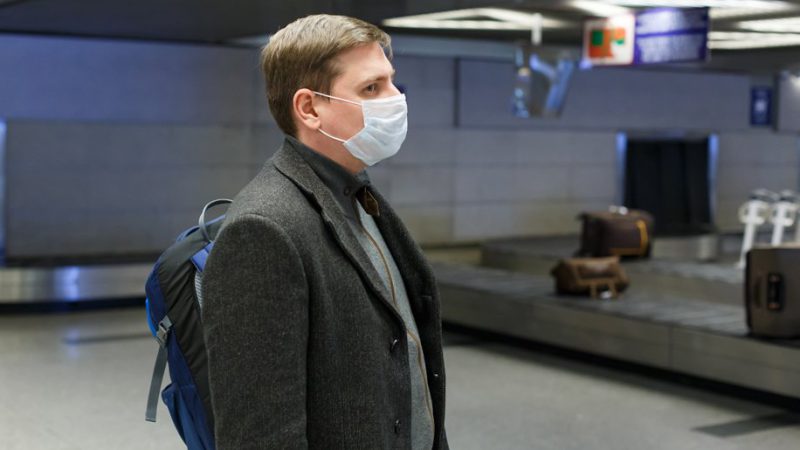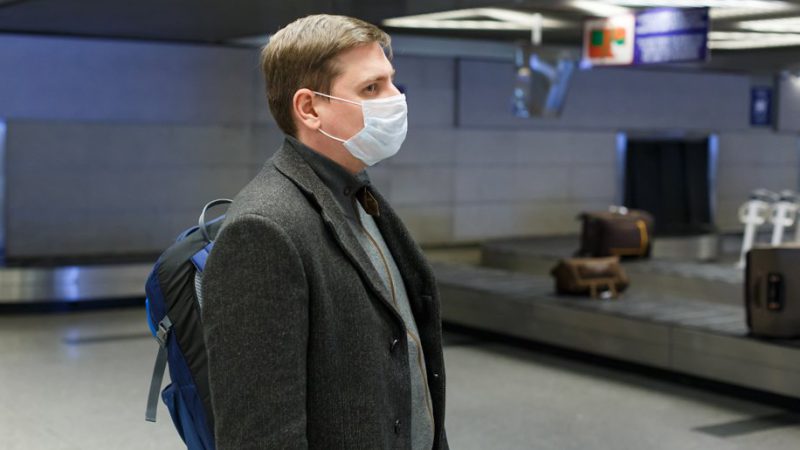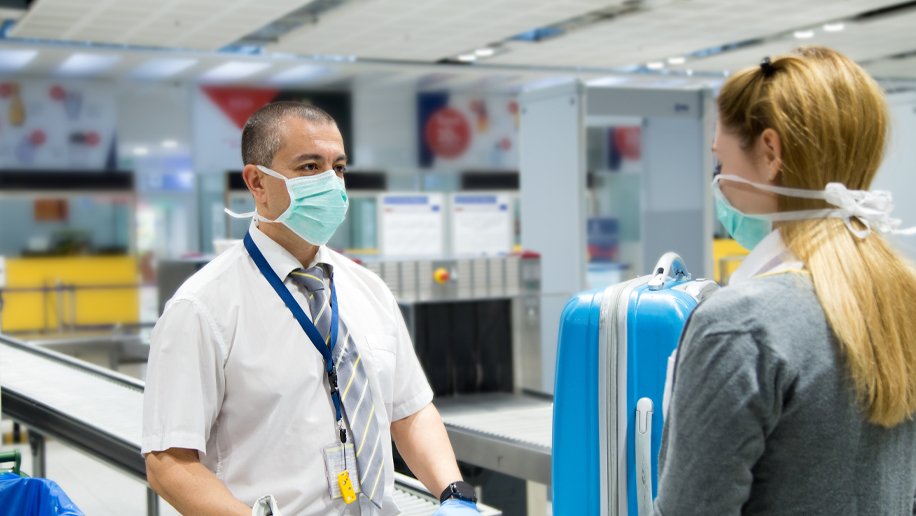IATA Recommends Masks for All, Says Blocking Middle Seats Ineffective
Evidence suggests risk of on board COVID-19 transmission is low, according to the industry association’s studies
May 5, 2020


The International Air Transport Association has issued a set of recommendations for what the trade group calls “a layered approach to biosecurity to be implemented temporarily when people return to traveling by air.” The measures include mandatory face masks for crew and masks or face coverings for passengers while on board aircraft.
However, IATA says it does not support leaving middle seats empty as a means of achieving social distancing. Without the ability to fill middle seats, IATA says, the maximum load factor would be cut to 62 percent. “That is well below the average industry breakeven load factor of 77 percent,” the statement continues, “resulting in a fundamental shift the economics of aviation.”
As previously reported, Lufthansa is one major carrier that has already implemented mandatory masks while opening center seats, reversing a prior policy. For more details on how other airlines are taking different approaches to implement social distancing, see our coverage here.

In addition to mandatory face masks for crew and face coverings for passengers, other IATA recommendations include:
•Temperature screening of passengers, airport workers and travelers
•Boarding and deplaning processes that reduce contact with other passengers or crew
•Limiting movement within the cabin during flight
•More frequent and deeper cabin cleaning
•Simplified catering procedures that lower crew movement and interaction with passengers.
According to a statement from IATA, “Evidence, although limited, suggests that, the risk of virus transmission on board aircraft is low even without special measures.” The association cites several surveys of COVID-19-positive passengers who were contact-traced after flying and found few cases of transmission. Reasons given for the relatively low rate of spread include the circulation of HEPA-filtered air in the cabins and the configuration of seating which limits face-to-face passenger interaction.
“The cabin environment naturally makes transmission of viruses difficult for a variety of reasons,” said Alexandre de Juniac, IATA’s director general and CEO. “In the immediate term, our aim is to make the cabin environment even safer with effective measures so that passengers and crew can return to travel with confidence. Screening, face coverings and masks are among the many layers of measures that we are recommending. Leaving the middle seat empty, however, is not.”




